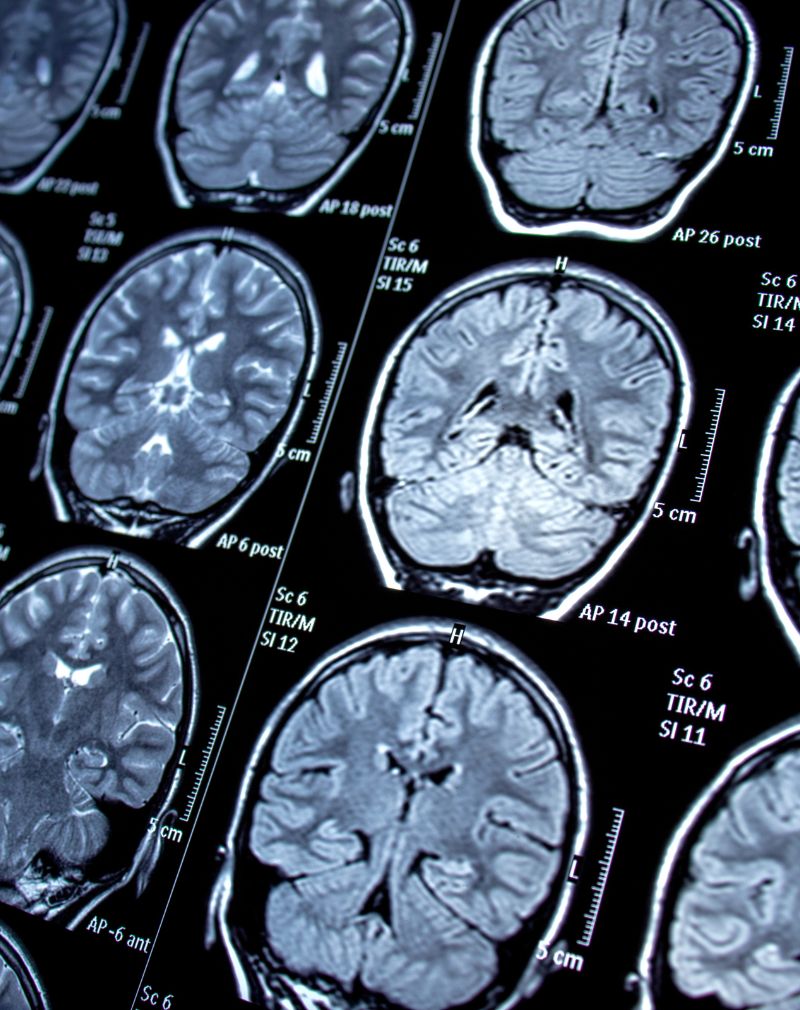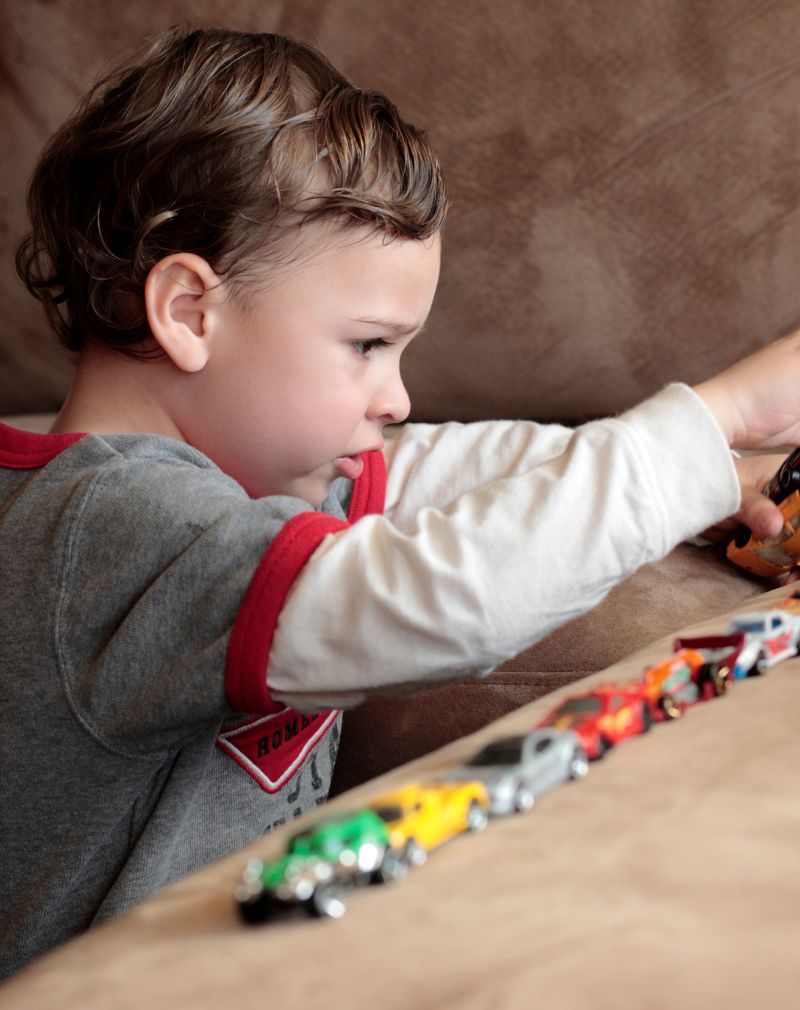Developmental delays in children refer to a significant lag or interruption in a child’s physical, cognitive, social, emotional, or behavioral development when compared to typical developmental milestones. These delays can be temporary or long-lasting and may manifest in various ways depending on the specific area of development affected. Here are some common types of developmental delays and their characteristics:
- Speech and Language Delays: Children with speech and language delays may have difficulty pronouncing words, forming sentences, or understanding and using language appropriately for their age.
- Motor Delays: Motor delays can involve fine motor skills (e.g., grasping objects, drawing, buttoning clothes) or gross motor skills (e.g., crawling, walking, running). A child may struggle with coordination, balance, or muscle strength.
- Cognitive Delays: Cognitive delays affect a child’s ability to think, reason, problem-solve, and learn. It may manifest as difficulty with memory, attention, or academic skills.
- Social and Emotional Delays: Children with social and emotional delays may have trouble understanding and expressing their emotions, forming relationships, or interacting with peers appropriately.
- Behavioral Delays: Behavioral delays can lead to challenging behaviors such as impulsivity, tantrums, aggression, or difficulty following rules and routines.
Developmental delays can occur for various reasons:
- Genetic Factors: Some children may be genetically predisposed to developmental delays.
- Environmental Factors: Factors like exposure to toxins, malnutrition, or inadequate early stimulation can impact development.
- Premature Birth or Low Birth Weight: Preterm or low birth weight infants may experience developmental delays due to underdeveloped organ systems.
- Medical Conditions: Certain medical conditions like autism spectrum disorder, Down syndrome, or cerebral palsy can result in developmental delays.
- Lack of Early Intervention: Timely intervention and support services can often mitigate developmental delays. A lack of access to such services can lead to more severe and lasting delays.
It’s essential to recognize developmental delays early so that appropriate interventions and therapies can be provided. Parents, caregivers, and healthcare professionals play a crucial role in monitoring a child’s development and seeking help when delays are suspected. If you suspect a child may have developmental delays, it’s advisable to consult with a specialist pediatric Neurologist who can conduct assessments and recommend appropriate interventions or therapies. Early intervention can greatly improve a child’s chances of catching up and reaching their full developmental potential.
What is the role of Pediatric Neurologist?
Consulting a pediatric neurologist can be extremely valuable when trying to identify the underlying causes of developmental delays in children, especially when there are neurological or neuromuscular concerns. Pediatric neurologists are medical doctors who specialize in diagnosing and treating conditions related to the nervous system in children, including the brain, spinal cord, nerves, and muscles. Here’s how a pediatric neurologist can help:
- Diagnostic Assessment: Pediatric neurologists have expertise in conducting detailed neurological evaluations, which can include physical examinations, neurological tests, and imaging studies (such as MRI or CT scans). These assessments can help pinpoint the specific neurological issues contributing to developmental delays.
- Identifying Underlying Conditions: Many neurological conditions, such as epilepsy, cerebral palsy, neurogenetic disorders, or brain injuries, can lead to developmental delays. A pediatric neurologist can determine if any of these conditions are present and provide a diagnosis.
- Treatment Recommendations: Once a diagnosis is made, a pediatric neurologist can develop a tailored treatment plan. This plan may include medication management, physical therapy, occupational therapy, speech therapy, or other interventions, depending on the child’s needs and the nature of the condition.
- Monitoring and Follow-Up: Pediatric neurologists often work closely with other healthcare professionals and therapists to monitor a child’s progress and adjust treatment strategies as necessary. Regular follow-up appointments are essential to track developmental improvements and make any necessary modifications.
- Providing Support: Pediatric neurologists can offer guidance and support to parents and caregivers, helping them understand their child’s condition and treatment options. They can also connect families with resources and support networks.
- Early Intervention: Early identification and intervention are crucial for many neurological conditions. Pediatric neurologists can help initiate interventions as soon as possible to optimize a child’s developmental outcomes.
It’s important to note that pediatric neurologists work in collaboration with other healthcare specialists, including pediatricians, therapists, and developmental specialists, to provide comprehensive care for children with developmental delays. The goal is to address the underlying neurological issues and provide the best possible support and treatment to help children reach their developmental milestones.
If you suspect that your child has developmental delays, it’s essential to consult with a healthcare professional, such as a Pediatrician, who can guide you through the appropriate evaluation and referral process to see a pediatric neurologist if necessary. Early assessment and intervention can make a significant difference in a child’s developmental trajectory.
Situated in the heart of Dubai Healthcare City, the American Wellness Center is renowned for its holistic approach to healthcare, merging physical and mental health services. With a suite of offerings that span pediatric care, psychological counseling, psychiatric interventions, and targeted mental health support, the center’s seasoned team is dedicated to elevating the health and happiness of Dubai’s diverse population through compassionate, high-quality care within a nurturing environment.



